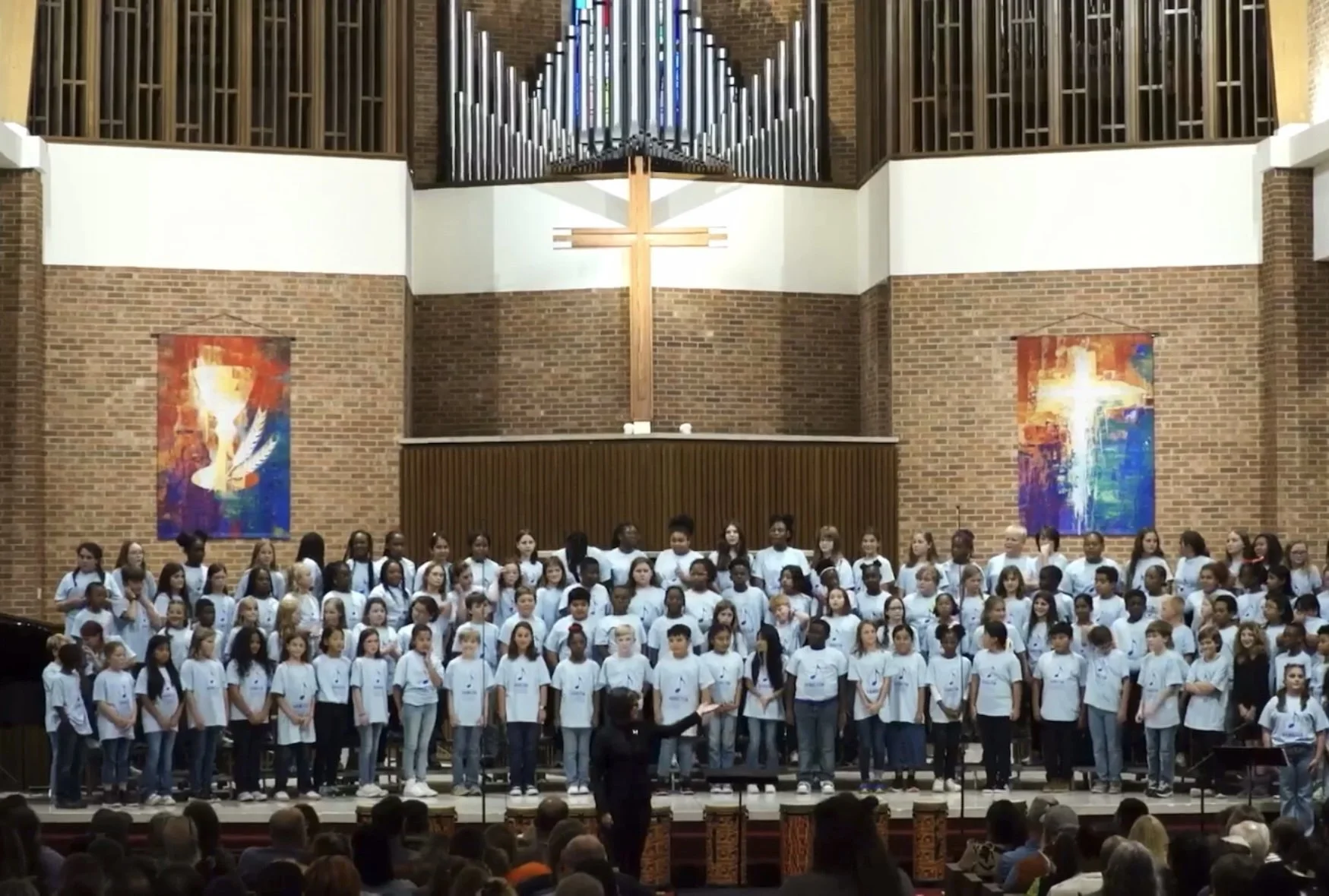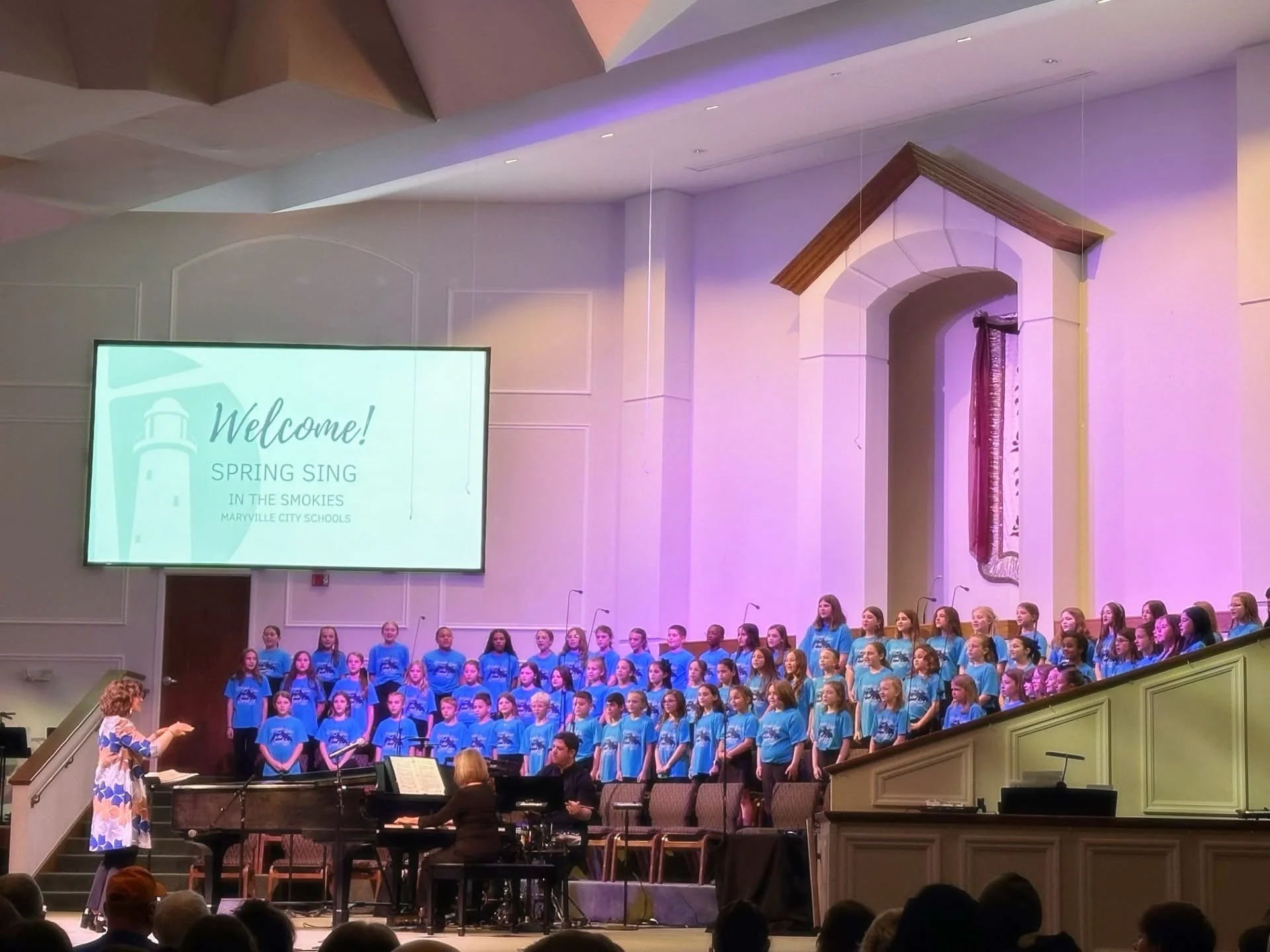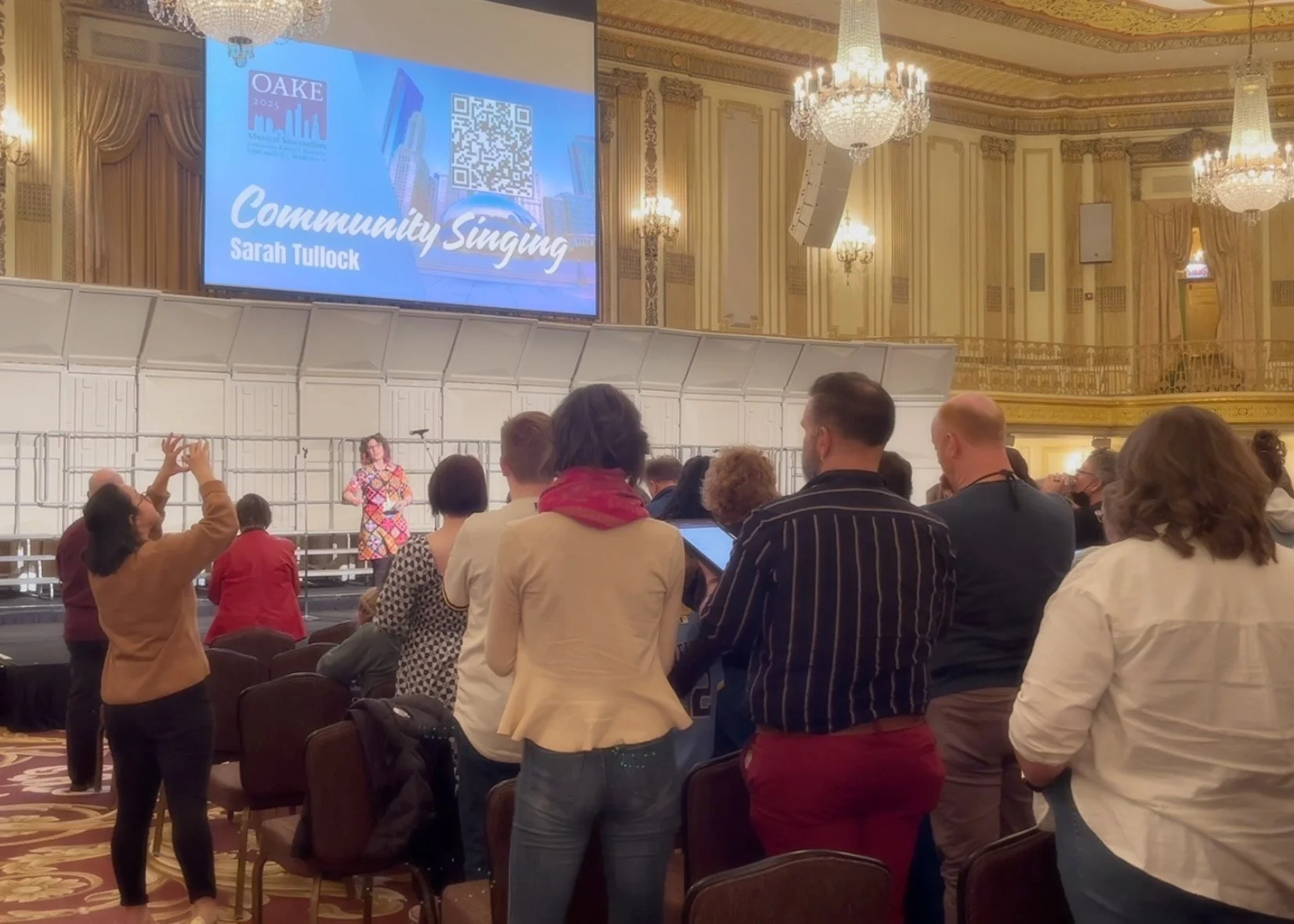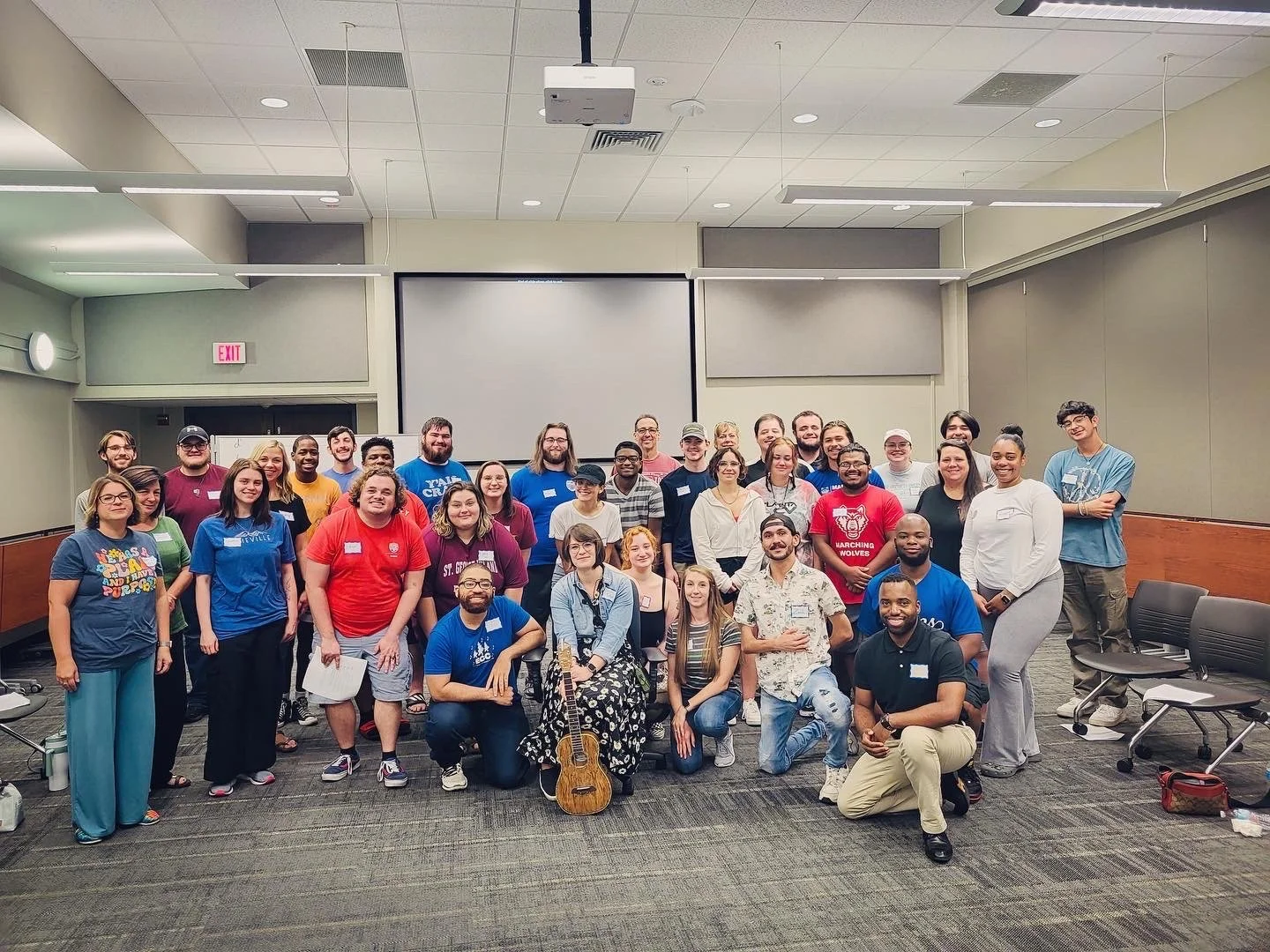Sarah is currently offering music education workshops on the topics listed below.
If you would like Sarah to serve as a clinician for your organization, please inquire through the form on the “contact” page.
-
Fostering Community through Group Singing
Group singing has the power to provide students with a deep sense of connection to self and to the wider community if approached with mindfulness, flexibility, and humanity. Tullock will provide models for group singing experiences that will bring a vivid sense of community to the music classroom. Participants will sing together during this session and will leave with several original canons to share in their classrooms.
-
Composition and Improvisation in the Kodály Inspired Classroom
Kodály’s philosophy of experiential, playful learning has plenty of space for student improvisation and composition. Tullock will share pathways toward creative work for Kodály-based learning models. Each approach will engage enough flexibility to be adjusted for participants’ unique settings. Participants will be invited to sing, move, imagine, and create together during this session.
-
Exploring Expressive Elements through Song and Rhyme Texts
Expressive elements don’t have to be an afterthought in the elementary music setting. The texts of our students’ favorite rhymes and songs provide ample inspiration for sequential activities that will lead students to discover expressive concepts for themselves. Tullock will share activity examples for the classroom and a framework for drawing deep musical expression from simple song texts.
-
Generating a Sense of Joy through Music Literacy Activities
When students feel that music literacy activities are exciting and playful, learning becomes a joy. Tullock will share rhythmic and melodic activities for the general music setting that inspire laughter and fun as much as they inspire growth in music literacy.
-
The Curiosity Connection: Mindfulness and Trauma Informed Teaching in Music
Zoltán Kodály believed music to be central to the wellbeing of the human person. He wrote and spoke about this belief a great deal, even saying, "No other subject can serve the child's welfare - physical and spiritual - as well as music." During this session, we will explore the connection between our art form, mindfulness, and trauma informed teaching practices. Taking into account both positive and adverse childhood experiences, and the many opportunities for healthy human connection offered through group singing, we will share strategies for community care in the music class setting. All participants will leave with a list of free resources to further support understanding of Positive and Adverse Childhood Experiences in the lives of our students as well as ideas for connection during music class, and of course, a few new songs and canons.
-
Choral Clinician / Visiting Composer / Composer in Residence
Sarah serves as a choral clinician/guest conductor when she is able. She has worked with choirs of all ages as a conductor, and as a visiting composer (which usually involves some conducting). Sarah loves to serve as a choral clinician for choral festivals and honor choirs when she is able, and specializes in bringing a sense of community and group trust to one-day and two-day events. When we ask choristers from many different choirs or schools to meet new peers and a new conductor on the day of a big performance, there is a challenge and an opportunity - the challenge is to inspire a group of strangers to build vocal unity and a real sense of community in a short amount of time; the opportunity is to teach choristers and other collaborative musicians new skills for building human connection through active music making. If you would like Sarah to serve as a choral clinician for your festival or honor choir, or to serve as a visiting composer, send a message through the “contact” page.



